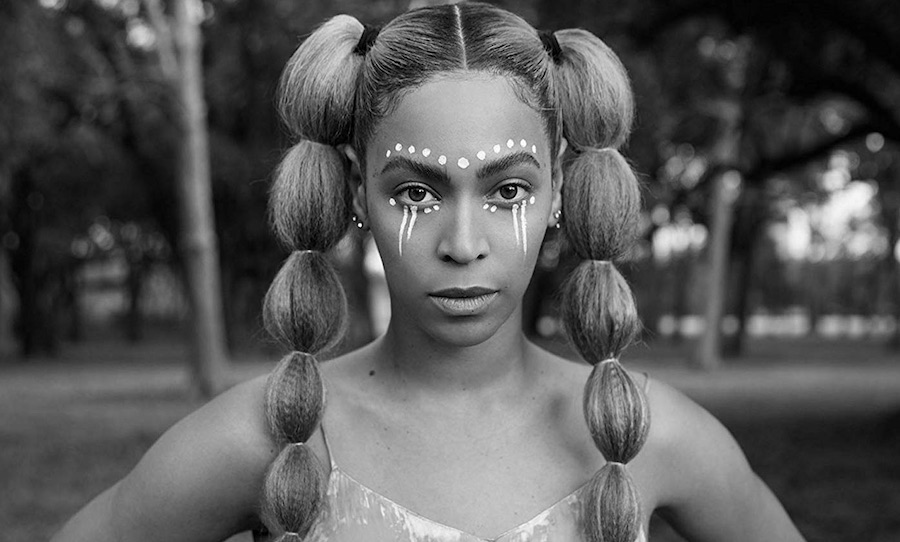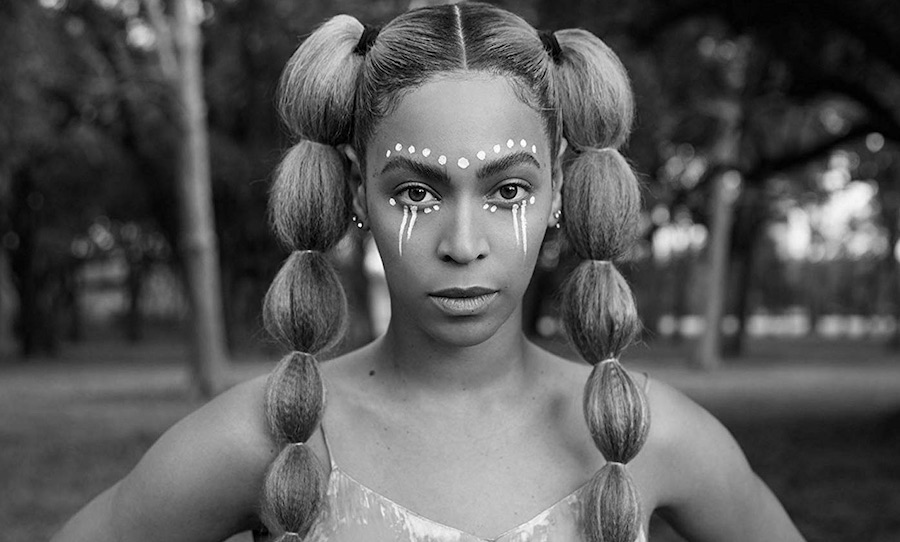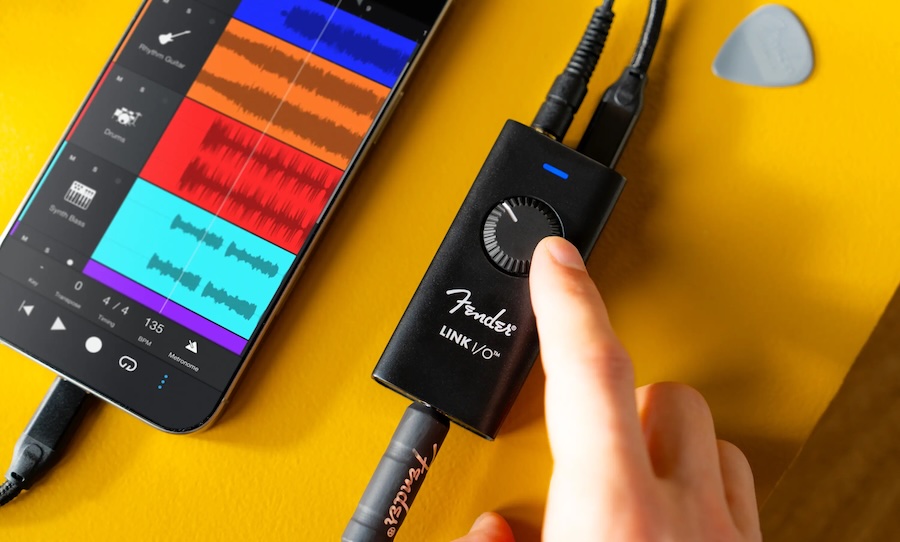An introspection of self-knowledge and healing wrapped up in a genre-defying conceptual framework, Lemonade is an album like no other.
You’ll be hard-pressed to find Beyoncé’s Lemonade absent from many ‘Best of the Decade’ lists. Clocking in at just under 46 minutes, Lemonade brings us deep into the veteran artist’s psyche.
Lemonade is Beyoncé’s sixth studio album and was recorded between June 2014 and July 2015, across 11 studios in the United States with the assistance of close to two dozen of the world’s most accomplished producers including Diplo, James Blake, Ezra Koenig, King Henry, Young Blaze, Mike Will, Pluss, Hit-Boy and more.

Lemonade is divided into eleven chapters, all dealing with various stages in the development of the narrative and each corresponding to a song from the Album: Intuition, Denial, Anger, Apathy, Emptiness, Accountability, Reformation, Forgiveness, Resurrection, Hope, and Redemption.
Lemonade addresses intimacy and personal struggles and is Beyoncé’s most vulnerable release to date. It deals with important themes of the political and the historical. It’s an expression of both pain and triumph in black womanhood and constitutes a narrative of being betrayed by systems that take and do not give back and finding hope in one another to carry on.
The Sound of Lemonade
Lemonade goes way deeper than a genre album. Beyoncé has taken a very considered approach and intricately conceptualised a record that could have been made by no one other than Beyoncé herself. It features songs doused in dense layers of saturation and heavily compressed beats like Don’t Hurt Yourself ft. Jack White, to bubbly synths and pads on Sorry, to a stripped back piano and vocal number like Sandcastles.
Lemonade brings us back to the format of a full album in a time when singles dominated. It’s rooted within a pop and R&B framework but encompasses a variety of genres and styles including reggae, blues, rock, hip hop, soul, funk, Americana, country, gospel, electronic, and trap.
According to The A.V Club the tracks “encompass and interpolate the entire continuum of R&B, rock, soul, hip-hop, pop and blues“, accomplished by a deft precision “blurring eras and references with determined impunity.”
Beyoncé and her team reference the musical memories of all those periods via sampling and production, with the inclusion of a string quartet, a brass band, stomping blues-rock, ultraslow Avant-R&B, preaching, a prison song (collected by John and Alan Lomax), and the sound of the 1960s fuzz tone guitar psychedelia (sampling the Puerto Rican band Kaleidoscope).
Collaboration is Key
The album contains segments of spoken word samples or monologues paired with precise and delicate imagery-evoking sound design elements. Many of these monologues are poems or prose written by Somali poet, Warsan Shire who is considered a compelling voice on black womanhood and the African diaspora — one particularly resonant in the digital age.
The incorporation of Shire’s poetry has largely shaped the overall tone and aesthetic of the album, allowing the intimacy of narrative and storytelling to sit at the forefront of the record. The imagery instilled within these themes create a plethora of visual and lyrical references to the history of black femaleness.
Lemonade was engineered and mixed by Stuart White, who has also worked with artists Jay-Z, Alicia Keys, Solange, Nicki Minaj and Ed Sheeran.
Jack White vs. Diplo
Let’s take a quick look at two songs back to back: Hold Up with producer credits from Diplo and Ezra Koenig of Vampire Weekend and Don’t Hurt Yourself with feature and producer credits from Jack White.
“hold up…they don’t love u like i love u“.
A tweet posted in 2011 by Vampire Weekend frontman, Ezra Koenig. Sound familiar? Ezra Koenig and Diplo are credited as producers on the hit single, Hold Up. They have since clarified that they wrote the most part of the song together in 2014, inspired by Koenig’s tweet, which was advertently inspired by the Yeah Yeah Yeah’s, hit song Maps.
Hold Up, although quite unique in its delivery, is very much a Diplo produced track. The main giveaway is the airhorn sample and an 808 that hits you in the chest as Queen Bey delivers her first line. The song contains minimal instrumentation and a slow, yet groovy and bouncy rhythm.
The most prominent sample on Hold Up comes from Andy Williams 1963 single, Can’t Get Used To Losing You. The catchy hook at the start of the song plucks its way onto the track and largely influences the overall tone of the record. A bubbly sample paired with a powerful vocal delivery gives us a pretty good indication that this Lemonade is going to be both sweet and sour.
Don’t Hurt Yourself
We are immediately aware of the influence of Jack White from the first few bars of Don’t Hurt Yourself. The live drum kit that introduces the rhythm of the song is soaked in saturation and compression, reminiscent of those early White Stripes recordings. A warm yet growling bass guitar grounds the low-end rhythm section of the track through the intermittent bursts of energy.
With the line “Bad motherf#@!er, God complex, Motivate your ass call me Malcolm X” we are halted by a sample of a 1962 speech by Malcolm X, titled Who Taught You To Hate Yourself? The sample alludes to the expression of the pain and triumph of black womanhood during the era of the civil rights movements of the ’60s.
The vocal delivery in this song sits much more in line with the music of White, sitting side-by-side with the instrumentation as opposed to clean and upfront vocal presentation that pervades current pop. Beyoncé’s voice has been affected similarly to that of the drums: raspy and distorted. We can hear the true effects of these production techniques from the mid-point of the song onwards when sonically, everything takes a leap forward.
This aggressive vocal delivery allows for the fire to come out of the dragon’s mouth. The “Don’t Hurt Yourself” lyric pairs with the Anger chapter in the accompanying film.
Don’t Hurt Yourself contains samples of one of the most influential rock bands of all time, When The Levee Breaks by Led Zeppelin. Through this example, we can see how Jack White’s background in rock music aesthetics has influenced the collaborative process for this track.
Beyoncé uses her incredible artistry to curate a record that contains a well of variance in sound, while maintaining a cohesive theme. Resampling, re-appropriation of ideas and collaboration are the core elements of what makes Lemonade a stand out work of art and we can safely say that this couldn’t happen in any other era.



